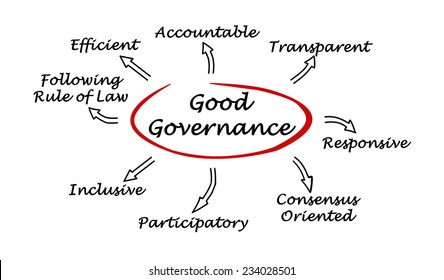- Have any questions?
- [email protected]
Governance Beyond Government: The Role of Citizen Participation In Achieving Good Governance

How FG Allocation Is Shared Among States & LGs
23 April 2021
Regions with Highest Debt Per Capita In 2020
24 April 2021To achieve full development in any nation of the world, its citizens have to be keenly interested in the governance process. This implies that no country or community develops ultimately without a meaningful contribution from its citizens regardless of their status in society.

When we talk about a good democratic system, active citizenship cannot be dismissed as it Is a crucial prerequisite for good governance. Just as the former president of Nigeria, Goodluck Jonathan, said, “any society or country that closes the vital valves of its democratic space can neither develop at a reasonable pace nor have good governance”.
Like every society, the Nigerian system comprises an array of economic, cultural, religious, political and other professional structures. To achieve the goals of each structure and a societal good, good governance is vital. However, what makes good governance?
In many developed countries, good governance is often marked by citizen participation, openness, transparency and accountability. Unfortunately, even with the emergence of the global village, government officials in Nigeria do not take citizen participation as being essential for national development.
Successive governments in Nigeria have continued to show little or no commitment to citizen engagement, both online and offline; they rather undermine the opportunities for citizen participation. According to the United Nations Conference on Sustainable Development, for governance to be effective at local, regional and national levels, there is a huge need to strengthen citizen participation and engagement to represent the voices and interest of all properly.
Equally important is that, of all offices, either executive or legislative, the office of the citizen is the most important office in any democratic system. This means that citizen participation plays a crucial role in achieving the development of a nation.

